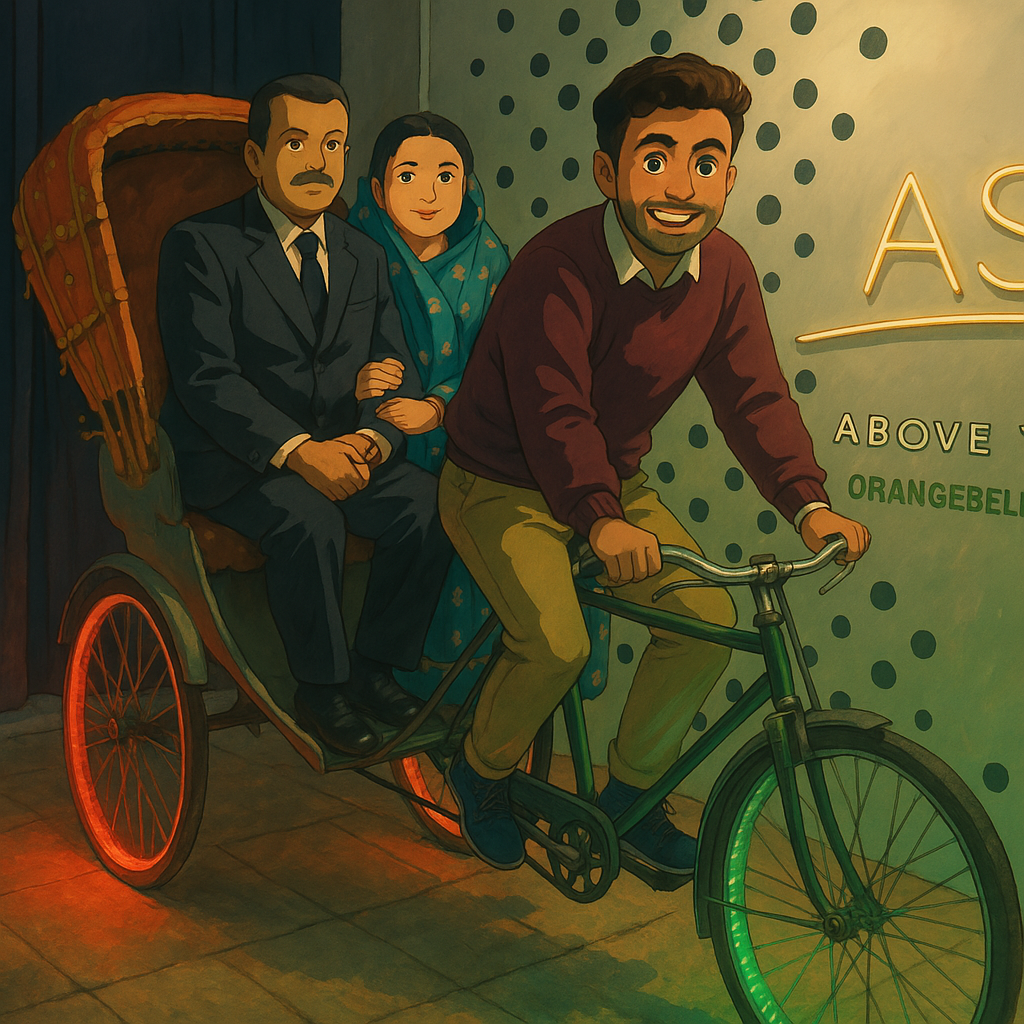Medium
1M
404

Image Credit: Medium
On Which Side Are You? ⚔️
- The conversation revolves around the impact of AI on jobs and businesses, with varying perspectives shared by the participants.
- Discussions include the role of AI in business growth, job stability, and global economic situations such as US-China tariffs.
- Concerns are raised about job saturation, automation, and challenges in job switching and immigration.
- While some emphasize the need for upskilling and acceptance of AI, others express fear about AI replacing jobs and its potential dangers.
- Debates on AI's influence on sectors like government, education, and healthcare are also mentioned, along with the need for ethical oversight.
- The conversation highlights contrasting views on AI's impact on job distribution, wealth inequality, and its evolving capabilities.
- Participants discuss the limitations and potential of current AI technology, emphasizing the importance of human oversight in AI development.
- The dialogue stresses the significance of problem-solving skills and adaptation in the evolving technological landscape.
- The notion that AI tools may enhance human capabilities rather than replace workers entirely is suggested.
- The discussion concludes with a thought-provoking insight that AI's imperfections can lead to human empowerment and new opportunities.
- Overall, the conversation showcases a nuanced exploration of AI's role in the future workforce and the potential benefits and challenges it presents.
Read Full Article
24 Likes
For uninterrupted reading, download the app